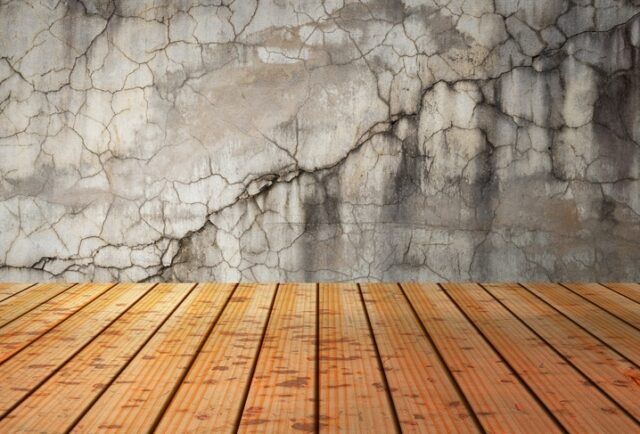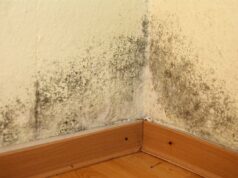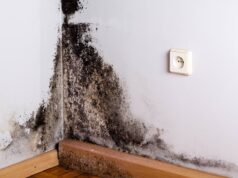Cracks in a basement wall may seem like a minor issue at first glance. However, ignoring these seemingly small imperfections could lead to significant structural damage, costly repairs, and even safety risks down the line.
Over time, moisture infiltrates the foundation, weakening it further. In many cases, people underestimate the long-term impact of cracks in their basement walls, thinking they can wait to address the problem.
But by doing so, they risk escalating costs and, in some cases, the integrity of their home.
Repairing cracks in a basement wall should never be postponed. Delaying the repair can lead to a whole set of problems that are much more expensive and time-consuming to fix.
While it may seem like a small crack, it often signifies deeper foundational problems, water seepage, and in some cases, significant structural issues.
Key Points:
- Cracks in basement walls indicate structural issues.
- Ignoring cracks can lead to water damage.
- Repair costs increase over time due to foundation shifting.
- Delayed repairs compromise home safety.
- Waterproofing protects against future damage.
The True Cost of Waiting to Repair Basement Wall Cracks
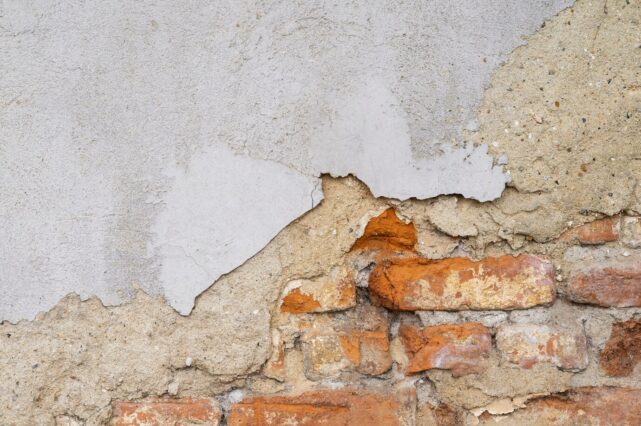
Wall cracks in basements are a common issue in many homes, especially in older structures. People often think that sealing a small crack can wait. But every moment they wait, the problem worsens. Why? Because a crack doesn’t just stay static. Foundations shift, seasons change, and moisture slowly works its way through even the smallest crevice.
The real cost of waiting comes in the form of compounded damage. Small cracks allow water to seep into the foundation.
This moisture not only weakens the foundation over time but can also cause mold growth, leading to health issues. In extreme cases, delays in repair can cause walls to bow or collapse entirely.
A timely repair involves minimal cost. Sealing cracks early stops further water intrusion. By the time homeowners notice larger structural shifts, the repair process is much more complicated and expensive.
Foundation Waterproofing By Moe, for example, has been serving the Niagara Region since 1998, offering essential repair services for home foundations. You can learn more about their services.
Causes of Basement Wall Cracks
Foundation settlement, soil pressure, and seasonal temperature changes are the most common causes. Homes settle over time, and as the foundation adjusts, cracks appear in walls.
Clay-heavy soils expand and contract depending on moisture levels, causing added stress on the foundation. Furthermore, freezing and thawing cycles cause concrete to contract and expand, worsening the already existing condition.
Water also plays a crucial role. As groundwater rises, pressure builds on the walls, forcing them to widen. Without waterproofing, homes are vulnerable to moisture infiltration. Homes located in regions prone to heavy rainfall or flooding face additional risk.
Why Waterproofing Is Essential for Preventing Future Cracks
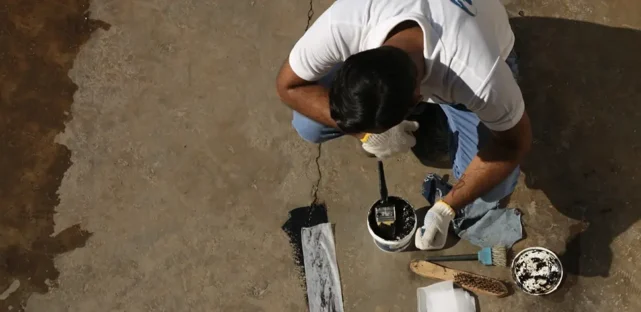
Waterproofing is an essential step to prevent future issues. By applying waterproofing solutions to the foundation, homeowners can protect their basements from water seepage and reduce pressure on walls.
Waterproofing also prevents mold, mildew, and water-related damage. Some homeowners think that a simple patching of the cracks will solve the problem. It won’t. Without addressing the moisture causing the problem, the cracks will eventually return.
The Impact of Delayed Repairs on Structural Integrity
Delaying repairs doesn’t just lead to more costly fixes; it compromises the structural integrity of a home. If left unchecked, cracks can widen, leading to more extensive damage. In some cases, the walls may begin to bow. When that happens, the risk of collapse becomes a reality.
Homeowners may notice doors or windows no longer close properly. They may also see more cracks appearing in other parts of the home, including ceilings and floors. These are signs of foundation movement. By the time such symptoms appear, the foundation may already be in critical condition, requiring far more intensive repairs.
The Financial Implications of Procrastination
Many homeowners delay fixing basement wall cracks because they’re concerned about costs. But waiting almost always leads to higher expenses.
A small crack might cost only a few hundred dollars to repair. However, by the time moisture intrusion has caused significant foundation damage, the cost may be in the thousands.
Waterproofing and immediate crack repairs save homeowners money in the long run. Ignoring foundational issues can lead to structural failure, necessitating not just basement repairs but possibly major home renovations. Even in less severe cases, moisture can damage flooring, drywall, and furniture, all of which require expensive replacements.
How to Know When a Crack Requires Professional Attention
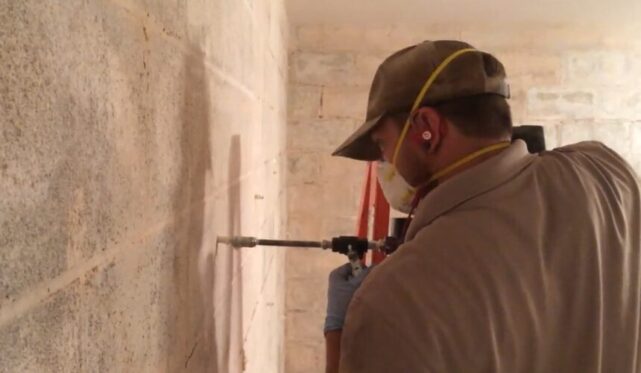
Not every crack is an emergency, but it is important to know which ones demand immediate action.
- Horizontal cracks, for example, are usually a sign of excessive pressure and potential foundation bowing. If they are wider than 1/8 of an inch should also be inspected by a professional.
- Vertical or stair-step cracks often point to settling but still need attention. Seepage around any crack, even if it seems minor, is a red flag. Ignoring it can lead to more extensive water damage and mold growth.
The best approach is to have any basement inspected by a foundation expert. Early diagnosis and intervention prevent more extensive repairs later.
Table: Causes of Wall Cracks
| Cause | Impact on Structure |
| Foundation Settlement | Cracks appear as foundation shifts |
| Soil Pressure | Forces walls to crack and bow |
| Temperature Changes | Expands and contracts the concrete |
| Water Seepage | Weakens foundation, worsens cracks |
| Poor Construction Techniques | Results in premature foundation damage |
FAQ Section
1. What happens if I just leave a small crack alone?
Even small cracks can grow over time. They allow water to seep in, which weakens the foundation and can lead to bigger problems like mold, flooding, and structural damage.
2. How can I tell if a crack in my basement is caused by water pressure or foundation settling?
Water pressure usually causes horizontal or stair-step cracks, while foundation settling often leads to vertical cracks. Both should be checked by a professional to understand the exact cause and avoid bigger issues later.
3. Is it possible for cracks in basement walls to fix themselves over time?
No. Cracks will not fix themselves and typically get worse with time due to constant pressure, moisture, and shifting. Immediate repairs are necessary to prevent further damage.
4. If I waterproof my basement, will that fix the cracks already there?
Waterproofing helps prevent new cracks and stops moisture from worsening existing cracks, but it won’t repair the cracks themselves. Those need to be filled and sealed by a professional.
5. How long does it take to repair cracks in a basement wall?
It depends on the size and severity of the cracks. Small repairs may take a few hours, but larger structural repairs could take a few days. A professional can give a more accurate timeline based on an inspection.
Conclusion
Repairing cracks in basement walls should not be delayed. The longer a homeowner waits, the more serious and expensive the problem becomes. They can lead to water damage, foundation movement, and in extreme cases, structural collapse.
Professional waterproofing and timely repairs save thousands of dollars in future costs and protect the integrity of the home.

